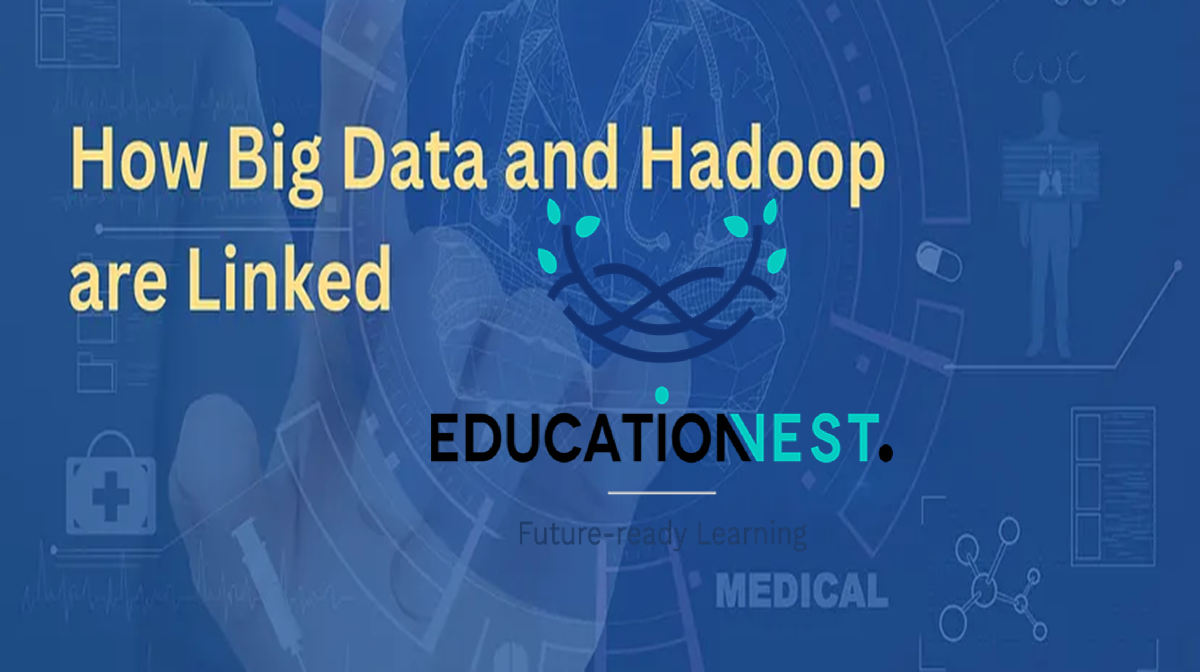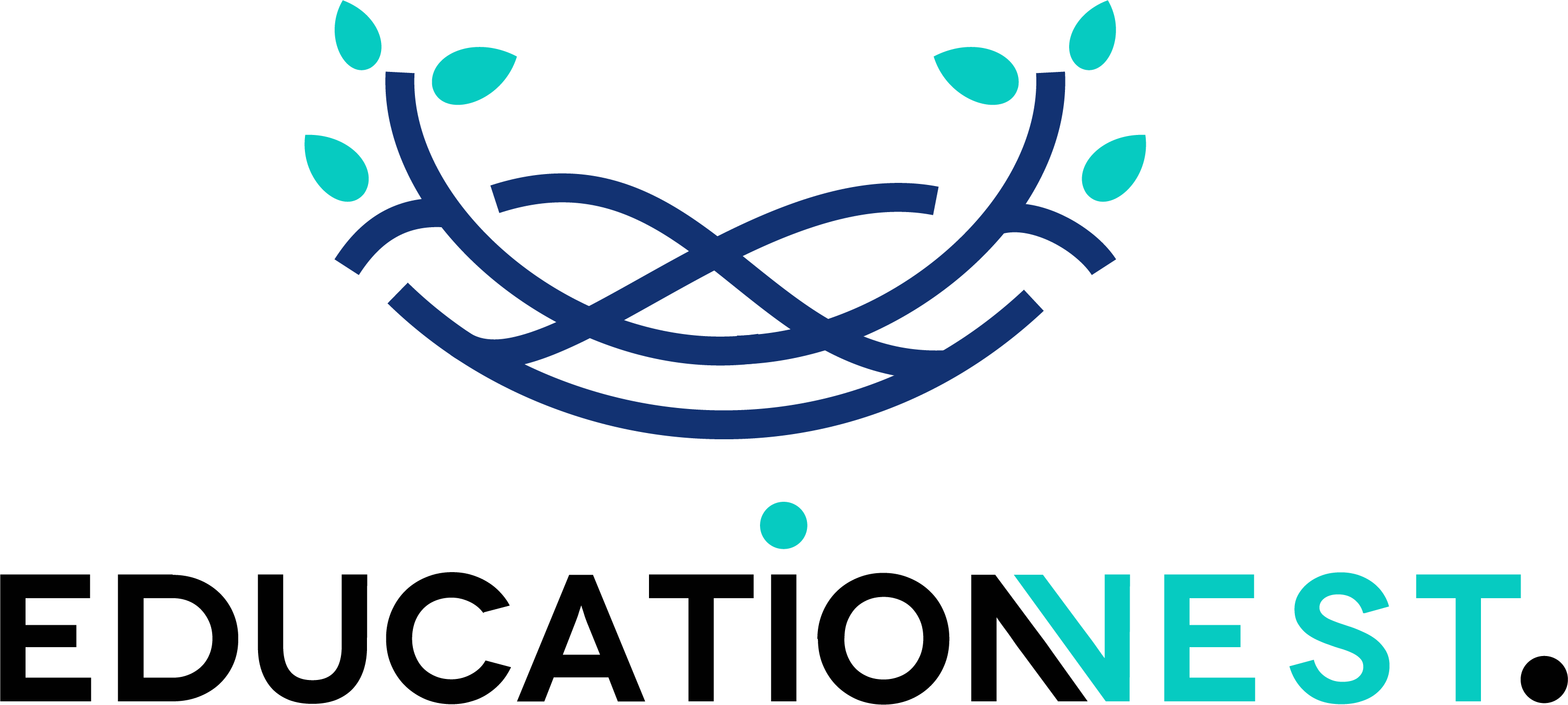
The term “big data” has been in the spotlight since the early 2000s. But its meaning goes beyond just having a lot of data. Today, it includes three key aspects: volume, velocity, and variety. Hadoop and Spark happen to be huge players in handling large volumes of data. According to Globe Newswire, the global big data analytics market is projected to hit $105.08B by 2027. This is a compound annual growth rate (CAGR) of 12.3%. In this blog, let us see the future of Hadoop and Spark and how these are shaping the Big Data industry today.
But Why is Big Data so Important?
Big data’s value lies in its versatility and the vast range of applications it supports. Take Netflix, for instance. They harness the power of big data analysis to figure out what users might want to watch next. By analyzing viewing preferences, they can create the exact recommendation for each person. This is tantamount to keeping their audience engaged on their app rather than moving to their competitors’ apps.
But Netflix isn’t the only one in this race. In stock markets, for example, data is informing trading decisions. How is this being done? Big data tools like Hadoop and Spark are irreplaceable in these processes. Big data is helping businesses to understand consumer preferences. This is guiding businesses to create products that better meet market demands. This ability to analyze and act on large volumes of data is important to cater to huge populations of customers. Hence, big data is transforming every industry you can think of.
To ride the bandwagon, starting to learn these techs – Hadoop and Spark – will be crucial. Whether you are a newbie data aspirant or an experienced professional wanting to upgrade, there will never be a better time to invest in big data analytics courses.
What is Hadoop?
Hadoop is a framework that helps store and process big data. It spreads data across many computers (called nodes) to manage and analyze it efficiently. Here’s why Hadoop is so very important in the big data world:
- Scalability: ability to handle enormous amounts of data. As your data grows, you can just add some more computers to the network.
- Cost-Effectiveness: It uses ordinary hardware making it more affordable.
- Fault Tolerance: If one computer in the network fails, Hadoop can still work with the remaining computers without losing any data. This ensures reliability.
What is Spark?
While Hadoop excels at storing and managing data, Spark is the one that helps process it. Spark can handle complex calculations and data analysis much faster than Hadoop. Here are the superpowers of Spark:
- Speed: Spark can perform in-memory data processing. It can process data much faster than Hadoop (processes data from disks).
- Versatility: supports batch processing (large chunks of data) and also real-time processing (analyzing data as it arrives).
- Ease of Use: Spark has built-in libraries for machine learning and graph processing. It is much easier for developers for complex data projects.
To learn more about Hadoop and Spark, you can enroll in a Hadoop and Spark big data certification to learn from scratch. If you could not ride the early data science wave, it is still not too late.
How Hadoop and Spark Work Together
Hadoop and Spark are there for different things. But they are often used together to get the best of both worlds. Hadoop handles the storage of data, while Spark takes care of fast data processing. Here is the future scope of what Hadoop and Spark can do with their combined power:
- Data storage: First, Hadoop stores all the data from various sources. For example, customer data, sales figures, and social media interactions are saved in Hadoop’s distributed file system.
- Spark processes data: Spark can, next, quickly analyze this to perform various calculations and predict insights. It can detect buying patterns or generate sales.
What is the Future of Hadoop and Spark
With years passing by, more and more businesses will try to move into big data analysis in the hope of success. Hadoop and Spark, in the future, will play a huge role in all kinds of industries you can think of. These two techs are all set to evolve and adapt to new trends in the future. Here is a glimpse into what the future could hold:
Cloud-Based Hadoop
Cloud technology is changing the game for big data. Cloud-based Hadoop solutions offer businesses more flexibility, scalability, and cost savings. Instead of managing complex infrastructure on-site, companies can use cloud services to handle their big data needs. This shift allows businesses to easily scale their data operations and control costs more effectively.
If you are someone who wants to learn about cloud solutions to slowly hop onto cloud-based Hadoop solutions easily, you can start today by getting into cloud courses online for beginners.
Advancements in Frameworks
The Hadoop ecosystem is constantly improving. Key components like HBase, Hive, and Spark are being updated to boost their efficiency. Such advancements only mean bigger and better things for Hadoop. It means that Hadoop (and related tools) will become even better at handling large data volumes in the coming years. Organizations will be able to gain deeper value from their data with these improvements.
Integration with AI and IoT
Hadoop is increasingly being integrated with AI and the Internet of Things. Such combinations are meant to improve predictive analysis to make better business decisions based on real-time data. AI can analyze data collected from IoT devices to predict trends. It can also use this data to detect issues before they become problems. Such integrations can make data-driven decision-making faster and more accurate. To learn more about big data integration with AI, you can also start learning about AI models to clear up the basics. A beginner’s course on data science and big data analytics can immensely help you get started.
Conclusion
Hadoop and Spark are two key players shaping big data’s future. The integration with cloud technology, AI, and IoT will redefine how we approach data. If you are interested in getting into this field, now is the perfect time to get started. It does not matter if you are a beginner wanting to learn about Hadoop and Spark or an experienced professional wanting to update your skills. EducationNest provides the best Apache Hadoop live certification courses to help you dive into this field. Their courses are led by industry experts with lifetime course access at extremely reasonable prices to help you get started without breaking the bank.

